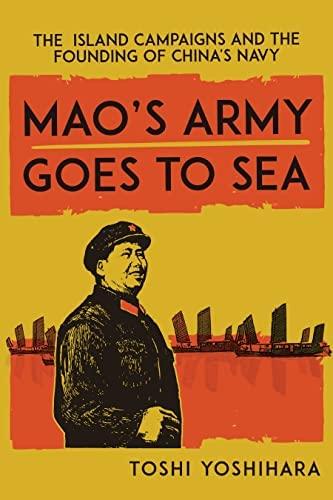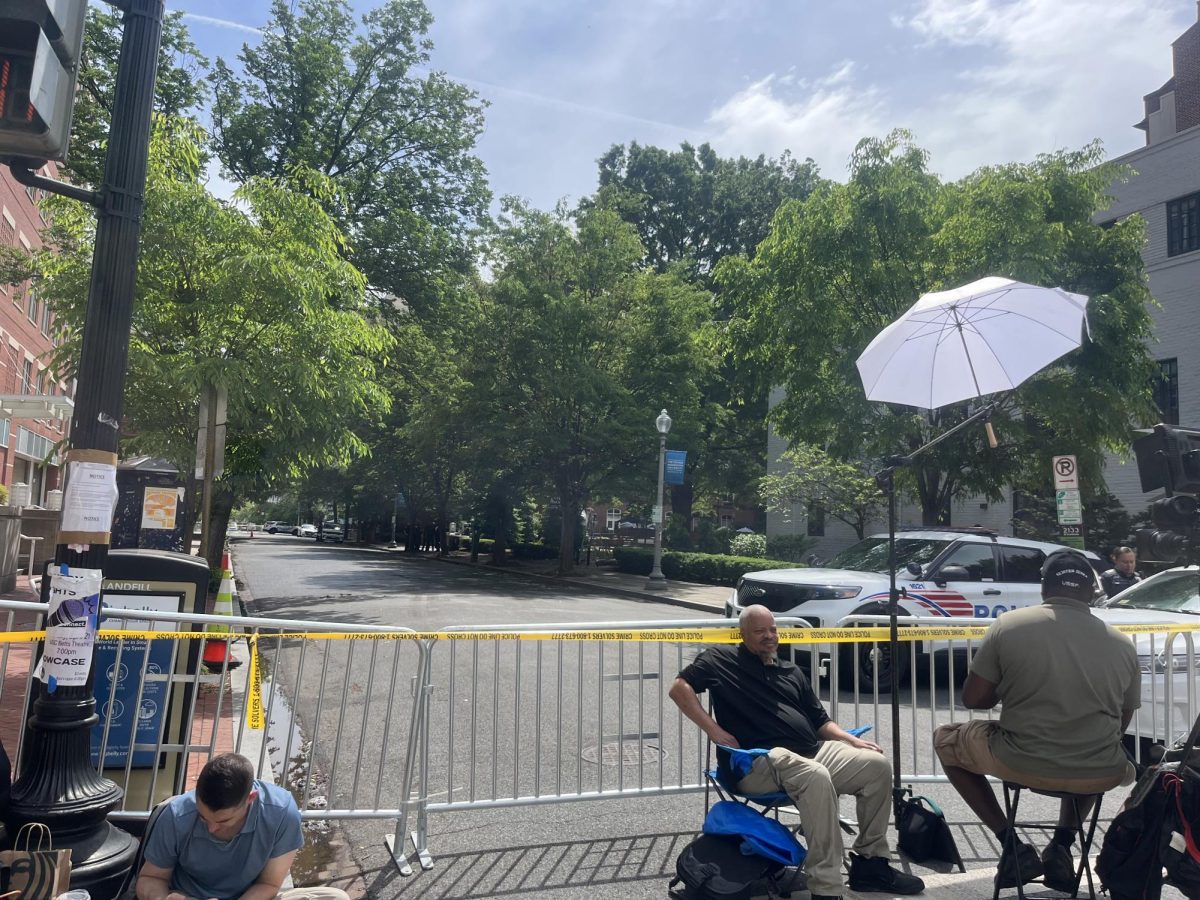An adjunct professor at Georgetown University’s Center for Security Studies and military expert discussed the past, present and future of Chinese naval power at a Jan. 24 event.
At the event, Toshi Yoshihara (SFS ’95), the former John A. van Beuren Chair of Asia-Pacific studies at the U.S. Naval War College, spoke about his latest book, “Mao’s Army Goes to Sea: The Island Campaigns and the Founding of China’s Navy.” The conversation was centered around the importance of studying Chinese naval history in the current geopolitical landscape.
Yoshihara said he decided to write his book on Maoist-era naval history because the subject has not received enough coverage in the West.
“They did some pretty amazing things during the period we don’t give them credit for,” Yoshihara said at the event. “The People’s Liberation Army enjoys a very proud history. If we have a better understanding of the PLA’s history, we can understand them better now.”
Yoshihara said Chairman Mao’s original motivation for founding a communist navy force goes back to the tail end of the Chinese Civil War, when the PLA was poised to cross the Yangtze River and take South China but found themselves hindered by insufficient naval power.
“The communists, as they were crossing the Yangtze River, they realized they were trading land warfare for a new set of challenges, confronting the nationalists at sea,” Yoshihara said. “The communists had no sea power to speak of, whereas the nationalists had the support of the U.S.”
Mao knew a strong navy would be critical to future military successes, according to Yoshihara.
He said Mao commissioned General Zhang Aiping, even though he had no previous naval experience — a choice Mao made hoping Aiping could transfer his military expertise as one of the PLA’s top officers to help China build its sea power.
“I want you to teleport yourself into April of 1949,” Yoshihara said. “I want you to imagine that you’re an upcoming rising star in the PLA in your late 30s and early 40s. Imagine you’ve been injured, and you’ve just returned to duty, and you’re eager to prove yourself. The commander wants you to start a new navy, you have no money, no staff, no structure, you are a one-man show. That is the story of Commander of the East China Navy Zhang Aiping.”
Yoshishara said his primary focus when he started writing his book was on how China built a world-class navy with little to no previous experience.
“The key question I asked was, how does an agrarian, land-bound army go to sea?” Yoshihara said.
The Chinese government had to bring communists and nationalists together to advance China’s knowledge on building sea power, according to Yoshihara.
Yoshihara said that after integrating nationalists into their personnel, Mao and Zhang were able to construct the foundation for a Chinese naval dominance that continues today.
“It also gave China a commanding position over the South China Sea, a position that remains today,” Yoshihara said. “Having Hainan passed on a significant amount of strategic and military leverage to China.”
Yoshihara said everyone should learn about this understudied aspect of Chinese history.
“Instead of overlooking or downplaying the history, it is worth noting there is history that the PLA is very proud of,” Yoshihara said. “How the PLA retails this history tells us a lot about the PLA. If we neglect this history, we’re neglecting a great opportunity to understand the PLA and their motivations today.”





















